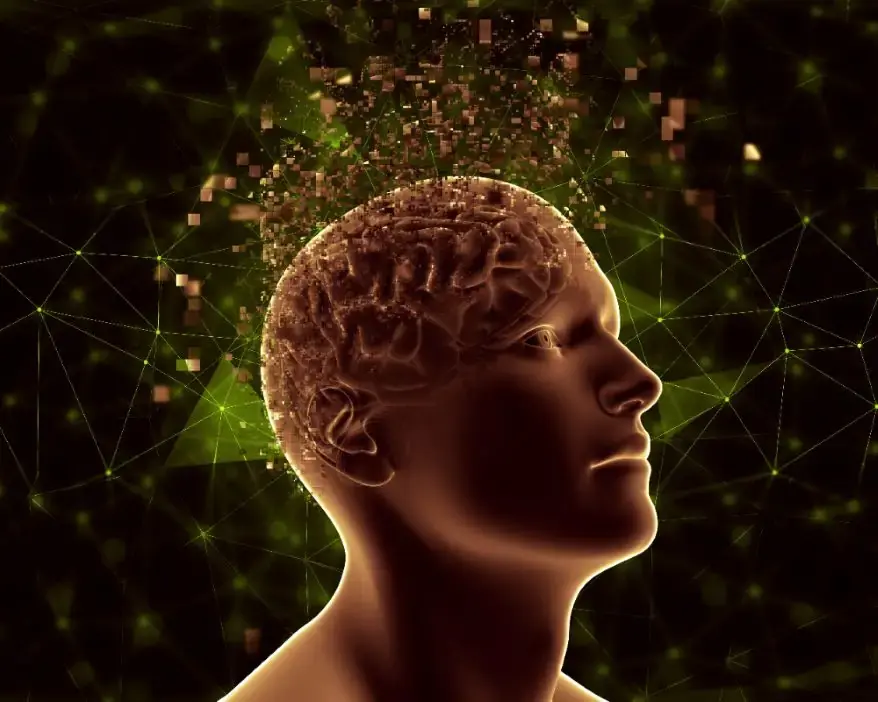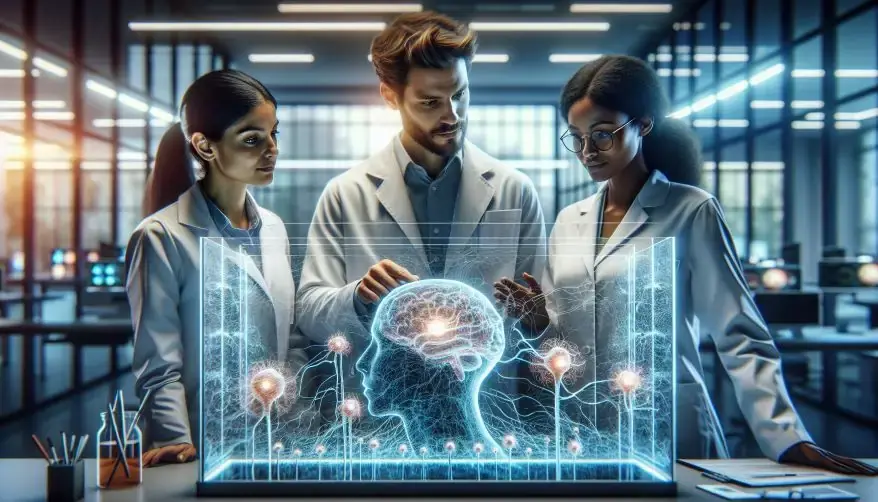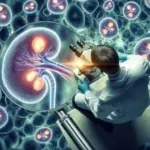Understanding Empathy Through Ventromedial Prefrontal Neurons
Discovering Neurons and Empathy
Recent research at the Institute for Quantitative Biosciences, University of Tokyo, led by Associate Professor Teruhiro Okuyama, has unveiled fascinating insights into how our brains process emotions related to both ourselves and others. This discovery focuses on the ventromedial prefrontal neurons in the brain responsible for understanding empathy, particularly when it comes to experiencing fear.
The Role of Ventromedial Prefrontal Neurons in Emotional Processing
Humans and animals alike exhibit a tendency to empathize with others’ emotions. In this study, researchers used mice to explore how witnessing fear affects their own emotional responses. The results revealed that specific neurons in the ventromedial prefrontal cortex contain information about both one’s own feelings and those of others. This could significantly enhance our understanding of conditions like autism spectrum disorder, where difficulties with empathy often arise.
Emotional Contagion: A Closer Look
The phenomenon known as emotional contagion occurs when observing someone else’s emotion causes us to feel that emotion ourselves. For instance, seeing a friend who is sad can make us feel sad too. The adaptation of behaviour, such as “freezing” in fear, was observed in mice during these experiments.

Utilising Technology for Behaviour Analysis
The research team combined cutting-edge techniques such as deep learning with animal tracking technology. This allowed them to classify complex behaviours objectively and automatically. Inhibiting the neurons in the ventromedial prefrontal cortex (vmPFC) caused mice to exhibit variations in behavior, revealing insights into how empathy functions.
This groundbreaking study not only provides valuable insights into the mechanisms of empathy but also carries significant potential implications for addressing challenges commonly faced by individuals with autism spectrum disorder. By deepening our understanding of how these neurons function, researchers could pave the way for developing more effective support strategies. Furthermore, these findings may contribute to creating targeted interventions aimed at helping individuals who experience difficulties with social interactions, thereby enhancing their overall quality of life.
Understanding Ventromedial Prefrontal Emotions
The findings from this study emphasize the importance of empathy in our daily lives and may help foster improvements in communications among individuals facing social challenges. As we delve deeper into these neuronal functions, future research can equip us with better tools for enhancing emotional understanding across various communities.
Research
Huang, Z., Chung, M., Tao, K., Watarai, A., Wang, M., Ito, H., & Okuyama, T. (2023). Ventromedial prefrontal neurons represent self-states shaped by vicarious fear in male mice. Nature Communications, 14(1). https://doi.org/10.1038/s41467-023-39081-5
To stay updated with the latest developments in STEM research, visit ENTECH Online. This is our digital magazine for science, technology, engineering, and mathematics.
At ENTECH Online, you’ll find a wealth of information. Besides this, we offer insights and resources to fuel your curiosity. Specifically, our goal is to inspire your passion for new scientific discoveries.
Everything a teen wants to know for career planning.
Disclaimer
This article/blog post is not intended to provide professional or technical or medical advice. Please consult a healthcare professional before making any changes to your diet or lifestyle. AI-generated images are used only for illustration and decoration. Their accuracy, quality, and appropriateness can differ. Users should avoid making decisions or assumptions based only on the text and images.






